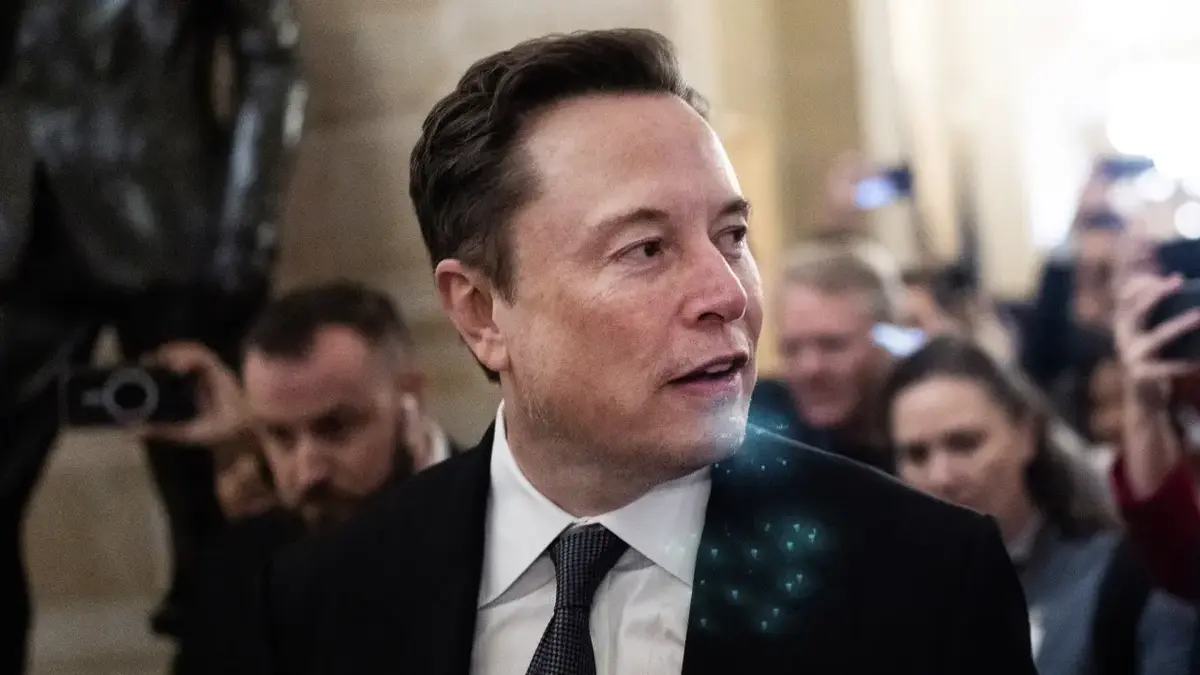Elon Musk’s Department of Government Efficiency (DOGE) gains read-only access to U.S. Medicare and Medicaid to address fraud, inefficiencies, and waste, aiming to overhaul the programs serving 140 million Americans with $100 billion in annual costs.
Why Is DOGE Focusing on Medicare and Medicaid?
The central goal of DOGE’s involvement with Medicare and Medicaid is to address critical issues within these programs:
- Detecting Fraud: Fraudulent claims are a major problem, with billions lost each year. DOGE aims to uncover and expose these fraudulent activities.
- Cutting Waste: By identifying areas of excessive spending and inefficiencies, DOGE hopes to significantly reduce costs and streamline operations.
- Improving Transparency: The department seeks to bring greater transparency to government spending, ensuring that taxpayer dollars are used effectively.
DOGE is applying cutting-edge technology, including artificial intelligence (AI) and data analytics, to analyze vast amounts of data from Medicare and Medicaid. This tech-driven approach allows the team to uncover hidden inefficiencies and fraud that traditional methods might miss.
How is DOGE Carrying Out the Initiative?
DOGE utilizes AI and machine learning to analyze large datasets from Medicare and Medicaid, identifying patterns of fraud, waste, and inefficiency. While holding read-only access, DOGE cannot alter data but reviews it to uncover fraudulent activities and recommend reforms. Their efforts aim to save billions in taxpayer money by improving the efficiency of these major healthcare programs.
In addition to Medicare and Medicaid, DOGE is extending its investigation to other key federal agencies, including the Treasury Department and the U.S. Agency for International Development (USAID). These agencies are being reviewed for inefficiencies in government spending and the potential misallocation of funds.
The Debate: Efficiency vs. Privacy
While some praise DOGE’s move as a much-needed step toward modernizing the U.S. government’s healthcare system and improving fiscal oversight, there are concerns about privacy and data security. Critics argue that allowing a private entity like DOGE to access sensitive healthcare data could set a dangerous precedent for data privacy.
Moreover, concerns have been raised about DOGE’s lack of government oversight, with some questioning whether this initiative is more about political influence than genuine efforts to improve efficiency.
On the other hand, supporters believe that DOGE’s approach, powered by tech-driven solutions, could revolutionize government oversight, potentially saving billions by cutting just 5% of the waste. The department’s AI-driven model is seen as a way to crack down on fraud and modernize outdated systems, ensuring that taxpayer money is spent more wisely.
Interesting Read
What Happens Next?
Although DOGE’s access is currently limited to “read-only” status, meaning it can’t alter data, the long-term implications of this initiative remain unclear. If successful, this could mark the beginning of a new era in government efficiency, paving the way for more tech-driven reforms in the future. However, it could also ignite a larger debate over the balance between technological oversight and safeguarding privacy.







